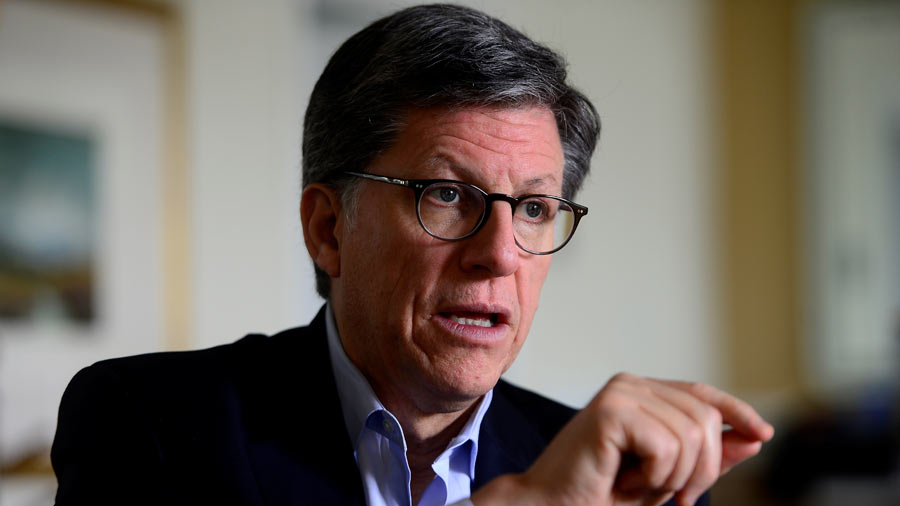
The director for the Americas of Human Rights Watch believes that the democratic decline of El Salvador is going faster than that of Venezuela, the country example of authoritarian horrors in the hemisphere.
Human Rights Watch (HRW) Director for the Americas, José Miguel Vivanco, reiterated that Nayib Bukele’s authoritarian actions remind him of the path taken by Venezuela’s Hugo Chávez, who came to power in 1998 and went be changing the rules of the game to stay in power until his death in 2013.
After that, and thanks to his manipulation of the rules of the game, his successor Nicolás Maduro has managed to stay in power regardless of illegalities and with impunity after his human rights abuses and violations.
Vivanco noted in a thread of tweets that the Venezuelan controlled the Supreme Court five years after taking power, while Bukele did so at just two years old. This began when the president ordered his deputies to strike a blow at the Judiciary and forcibly remove five magistrates from the Constitutional Chamber.
Bukele dismantles democratic institutions like Chávez but at a much more alarming rate.
Thread:
– José Miguel Vivanco (@JMVivancoHRW) September 6, 2021
The HRW director stated that “Chávez managed to bypass the limits on the presidential re-election in 2009 (10 years after assuming the presidency). Bukele, in 2021 (2 years after assuming the presidency).”
SEE: What accelerated Bukele’s order to his magistrates to be able to be re-elected?
This is because the magistrates that the bureaucracy imposed on May 1 issued a sentence that violates the Constitution and allows Bukele to run for re-election in 2024, even though the country’s maximum law openly prohibits it.
Vivanco also criticizes the judicial purge that deputies loyal to Bukele approved last August 31st. At that time, they amended the Judicial Career Act and that of the Attorney General’s Office to send to retirement more than 150 judges, who will be replaced later. In addition, the decree facilitates the transfer of judges and prosecutors without following the procedure mandated by law.
This has been criticized as a consolidation of the May 1 coup.
“Chávez managed to remove hundreds of lower court judges in 2006 (7 years after taking over the presidency). Bukele, in 2021 (2 years after taking over the presidency),” said the human rights defender at the national level. hemispherical.
Notes
Having seen Bukele’s actions, Vivanco launches a warning in light of the events that led to Venezuela moving from a prosperous country to a political, economic and humanitarian tragedy.
“What’s next?” The HRW director asks, and offers an answer.
ALSO: Five padlocks of the Constitution against presidential re-election
“If we are guided by the history of Venezuela: Censorship in the press. Restrictions on civil society. Total impunity for violations of DD. HH. Arrests of opponents. Electoral fraud,” he notes.
There is already evidence of these conditions in El Salvador. The press faces harsh restrictions, threats and constant harassment. Civil society is following the same path and there are threats to politicize justice against critics of the regime. With the seizure of the judiciary, the culture of impunity favors officials of officialdom. In the 2021 elections, opposition parties were at a disadvantage against New Ideas.
“Will the international community wait to see if Bukele follows the trend?” Vivanco questioned.
YOU MAY BE INTERESTED IN:
The four countries that lost their democratic course in Central America
The US calls on Bukele to demonstrate its commitment to democratic governance and separation of powers
Strong diplomatic repercussions and economic crisis predict analysts after US condemnation of violating Constitution